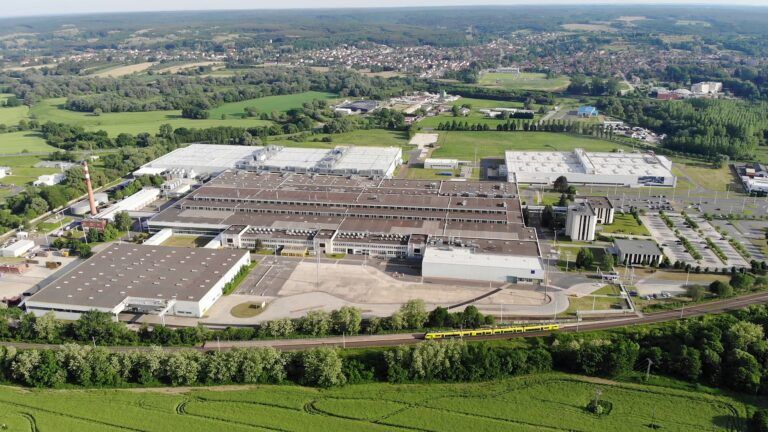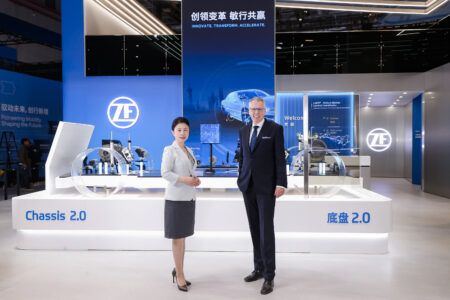Stellantis N.V. announced it intends to increase production capacity of electric drive modules (EDMs) by adding production in Hungary, targeted to begin in late 2026. The €103 million investment in Szentgotthárd, including grants and contributions from the Hungarian government, is the latest example of Stellantis’ commitment to transforming existing facilities for its electrified future. The Company has leveraged Tremery-Metz, France, and Kokomo, Indiana, US, for production of EDMs. Further, the Mirafiori complex in Italy is increasing production of next-generation electrified dual-clutch transmissions (eDCTs) in 2024 for Stellantis hybrid and plug-in hybrid vehicles.
“Bringing production of electric drive modules to Szentgotthárd to support our transformation towards electrification is another important part of our goal to provide customers with clean, safe and affordable mobility,” said Arnaud Deboeuf, Stellantis Chief Manufacturing Officer. “The people at this plant can be proud that their work will be an integral part of our electrified future and a core element of delivering customer-focused, class-leading electrified vehicles from our iconic brands.”
Szentgotthárd-produced EDMs will be used in vehicles built on an upcoming BEV-centric STLA platform. Production of EDMs will be housed in existing buildings at the plant. New work related to electric drive production at the plant will include machining of certain key components and final assembly and testing of 3-in-1 EDMs that combine the electric motor, reduction gearset and inverter into a single unit.
“This investment means that Hungary will have a stronger role in helping the automotive industry make its electrification transition,” said Minister Péter Szijjártó. “Now, traditional propulsion will be manufactured next to electric drive module production. With this investment, we are protecting jobs and ensuring the future of the Szentgotthárd plant.”
The Szentgotthárd plant currently builds 1.2-liter turbocharged three-cylinder and 1.6-liter four-cylinder internal combustion engines used in a variety of Stellantis brand vehicles. Stellantis employees will undergo upskilling training to support the machining and assembly requirements of EDM production.
Stellantis is investing more than €50 billion in electrification over the next decade to deliver on the Dare Forward 2030 targets of reaching a 100% passenger car battery electric vehicle (BEV) sales mix in Europe and 50% passenger car and light-duty truck BEV sales mix in the United States by 2030. To achieve these sales targets, the Company is securing approximately 400 GWh of battery capacity, including support from six battery manufacturing plants in North America and Europe. Stellantis is on track to become a carbon net zero corporation by 2038, all scopes included, with single-digit percentage compensation of remaining emissions.





